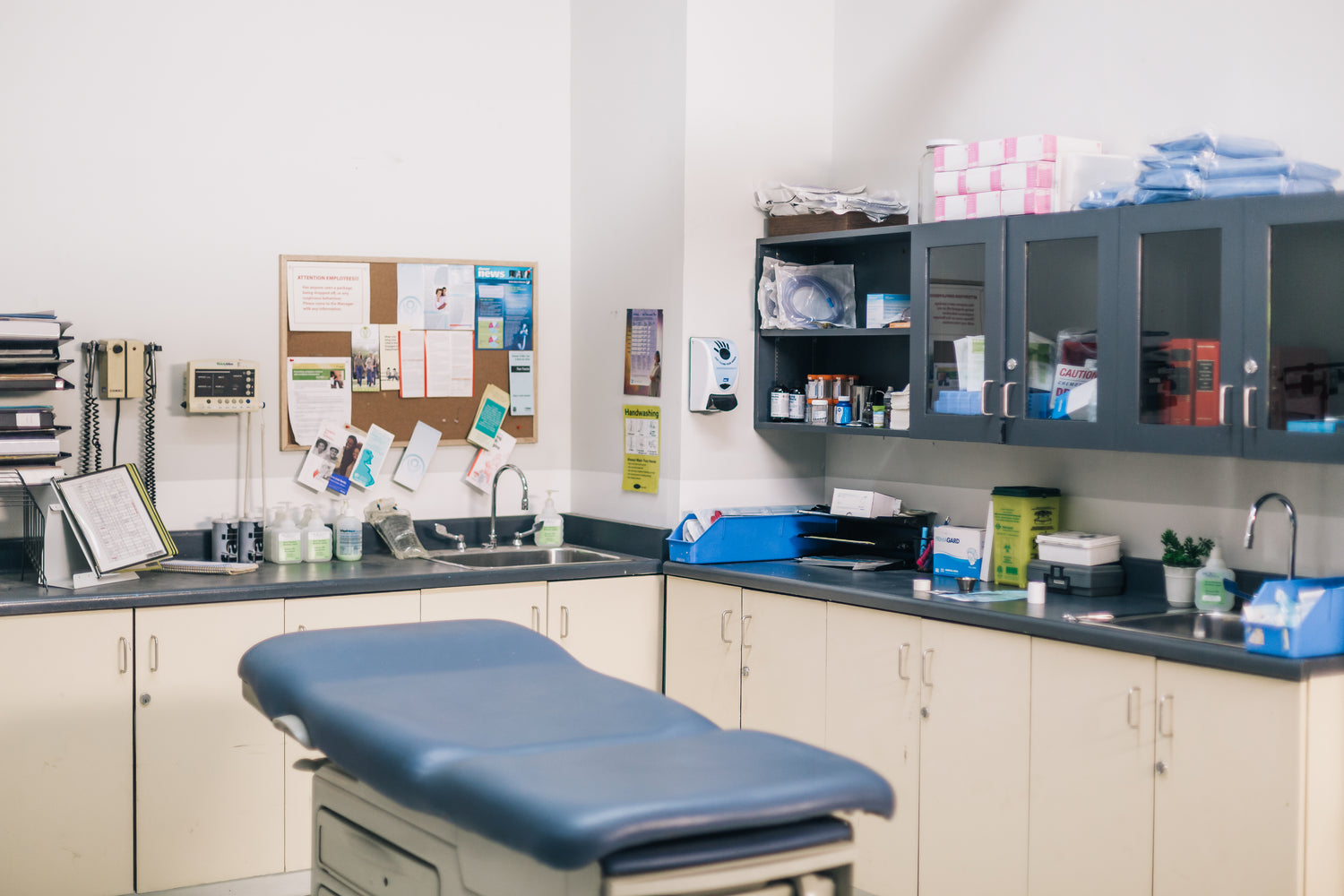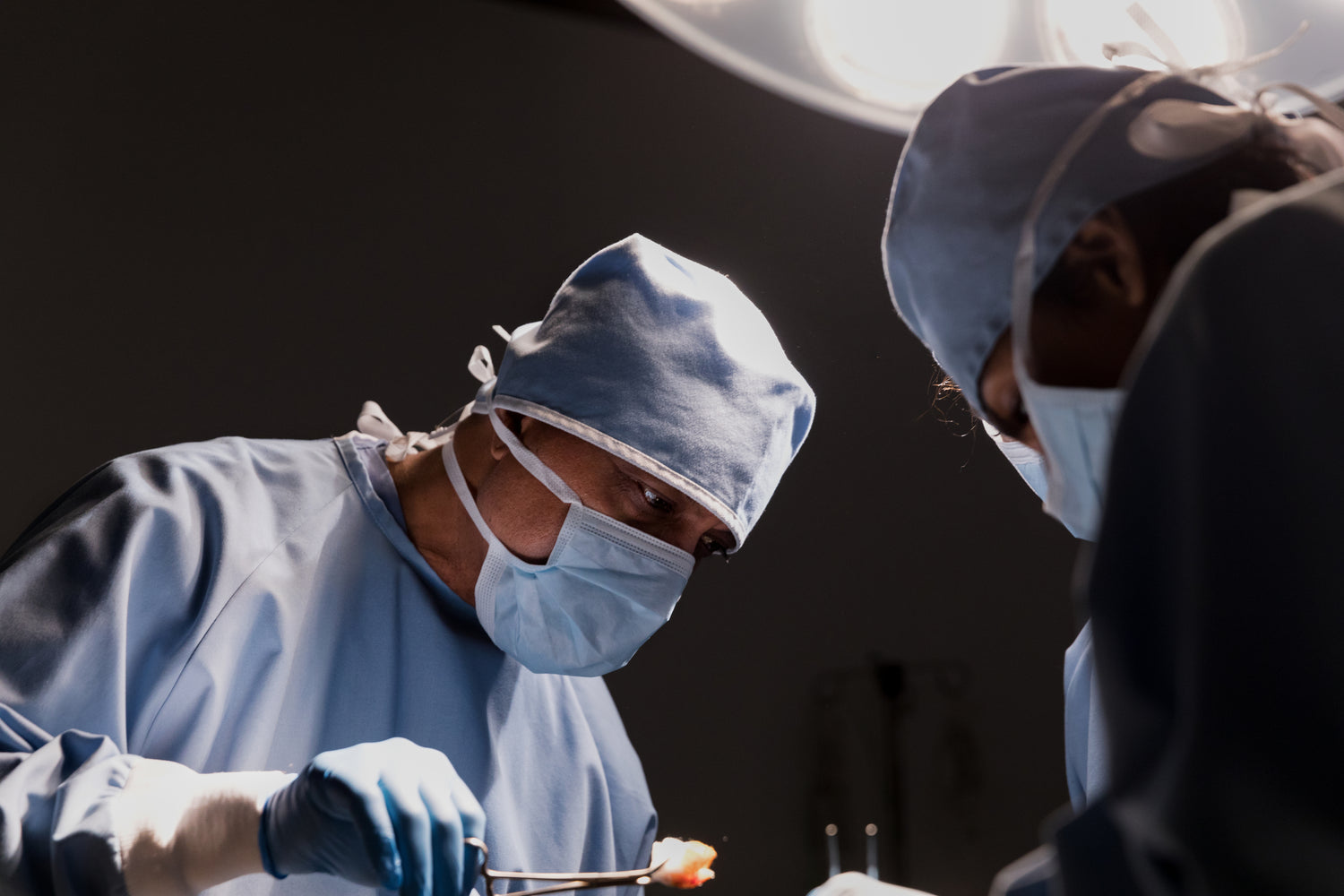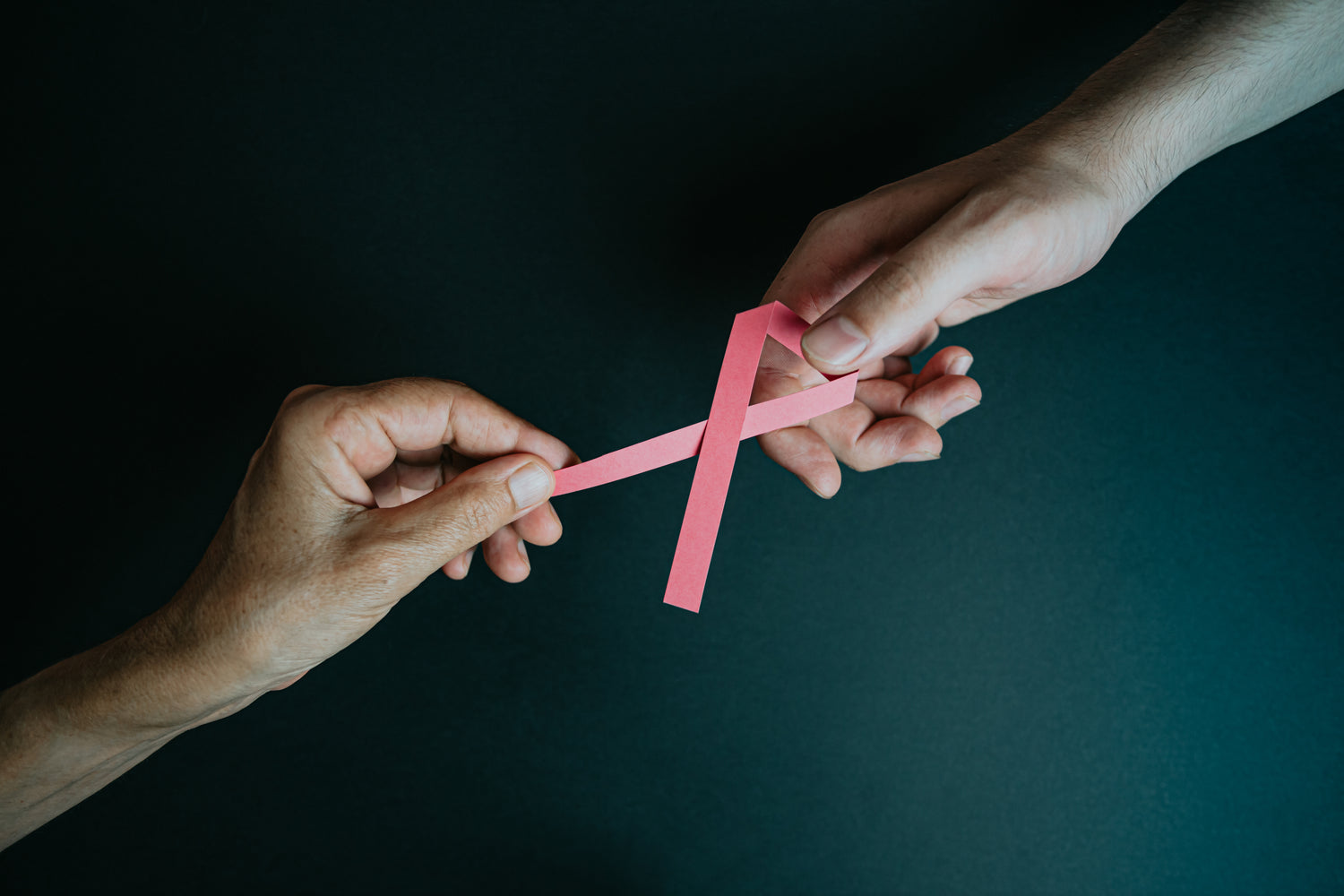Next Steps after MRI Scans
- Consult Your Doctor → Discuss results and treatment options.
- Further Tests (if needed) → Biopsy, or blood tests.
- Follow-Up Appointments → Regular monitoring if necessary.
- Lifestyle Adjustments → Diet, exercise, medication adherence.
The treatment you receive after an MRI scan depends on what the scan reveals. Below are common findings and their possible treatments:

no. 1
If MRI Shows No Major Issues
✅ Treatment:
- No further action needed.
- Lifestyle recommendations (exercise, diet changes).
- Follow-up appointments if necessary.

no. 2
If MRI Detects Musculoskeletal Issues (e.g., Joint, Spine, or Bone Problems)
🦴 Conditions: Herniated disc, torn ligaments, arthritis, fractures.
💊 Treatment Options:
- Physical therapy (to improve mobility & strength).
- Pain management (medications like NSAIDs, corticosteroid injections).
- Surgery (if severe, e.g., spinal fusion, joint replacement).

no. 3
If MRI Detects Neurological Conditions (e.g., Brain or Nerve Disorders)
🧠 Conditions: Stroke, multiple sclerosis (MS), tumors, nerve compression.
💊 Treatment Options:
- Medications (e.g., anti-inflammatory drugs, blood thinners for stroke, disease-modifying drugs for MS).
- Physical or occupational therapy (for stroke recovery, nerve function).
- Surgery (e.g., tumor removal, nerve decompression).
- Lifestyle changes (diet, exercise, stress management).

no. 4
If MRI Detects Cardiovascular Issues (Heart & Blood Vessels)
❤️ Conditions: Aneurysms, blocked arteries, heart defects.
💊 Treatment Options:
- Medications (blood pressure control, anticoagulants).
- Lifestyle changes (heart-healthy diet, exercise).
- Surgical procedures (stents, bypass surgery).

no. 5
If MRI Detects Abdominal or Organ Problems (Liver, Kidneys, Pancreas, etc.)
🩺 Conditions: Tumors, cysts, organ inflammation.
💊 Treatment Options:
- Medication (anti-inflammatory, antibiotics for infections).
- Surgery or minimally invasive procedures (tumor removal, drainage).
- Dietary modifications (if related to liver or kidney health).

no. 6
If MRI Detects Cancer or Tumors
🦠 Conditions: Brain tumors, bone tumors, organ tumors.
💊 Treatment Options:
- Biopsy (to determine if the tumor is cancerous).
- Surgery (tumor removal).
- Chemotherapy/Radiation therapy (if cancerous).
- Targeted therapy or immunotherapy (for certain cancers).

no. 7
If MRI Shows Infections or Inflammation
🦠 Conditions: Abscesses, osteomyelitis, inflammation of organs.
💊 Treatment Options:
- Antibiotics or antiviral medications (if infection is present).
- Anti-inflammatory medications (for chronic inflammation).
- Drainage or surgical removal (if necessary).

next steps
Next Steps After MRI & Treatment Plan
✔️ Your doctor will review your MRI results.
✔️ If treatment is needed, they may prescribe medications, recommend therapy, or refer you to a specialist (neurologist, orthopedic surgeon, cardiologist, etc.).
✔️ You may need follow-up scans to track progress.
frequently asked questions
MRI Scan FAQs
What is an MRI scan used for?
MRI scans help diagnose conditions related to the brain, spine, joints, organs, and blood vessels. They are commonly used to detect tumors, injuries, infections, and neurological disorders like multiple sclerosis or stroke.
Is an MRI scan painful?
No, an MRI scan is painless. However, you may feel discomfort from lying still for an extended period or from contrast dye injection (if required).
How long does an MRI scan take?
MRI scans typically last 30–90 minutes, depending on the body part being examined and whether contrast dye is used.
Can I eat or drink before an MRI?
Regular MRI: No fasting required.
MRI with contrast dye: You may need to avoid food/drinks for 4–6 hours before the scan.
Can I have an MRI if I have metal implants?
It depends on the type of metal. Some implants (like pacemakers, cochlear implants, or metal fragments) may interfere with the MRI machine. Always inform your doctor about any implants before the scan.
Is an MRI safe during pregnancy?
MRI scans are generally safe during pregnancy, but they are usually avoided in the first trimester unless absolutely necessary. If contrast dye is needed, your doctor will assess the risks.
What if I'm claustrophobic?
Ask about an open MRI (available at some facilities).
You may be given a mild sedative to help you relax.
Listening to music or using an eye mask can also help.
How do I get my MRI results?
A radiologist analyzes the scan and sends a report to your doctor.
Results are usually available within a few hours to a few days.
Your doctor will discuss the findings and next steps with you.
Can I drive after an MRI?
Yes, unless you were given sedation. If sedated, arrange for someone to drive you home.
What should I do if I feel unwell after an MRI?
If you experience allergic reactions (rash, difficulty breathing) after contrast dye, seek medical help immediately.
Mild side effects like headache or nausea usually resolve on their own.
